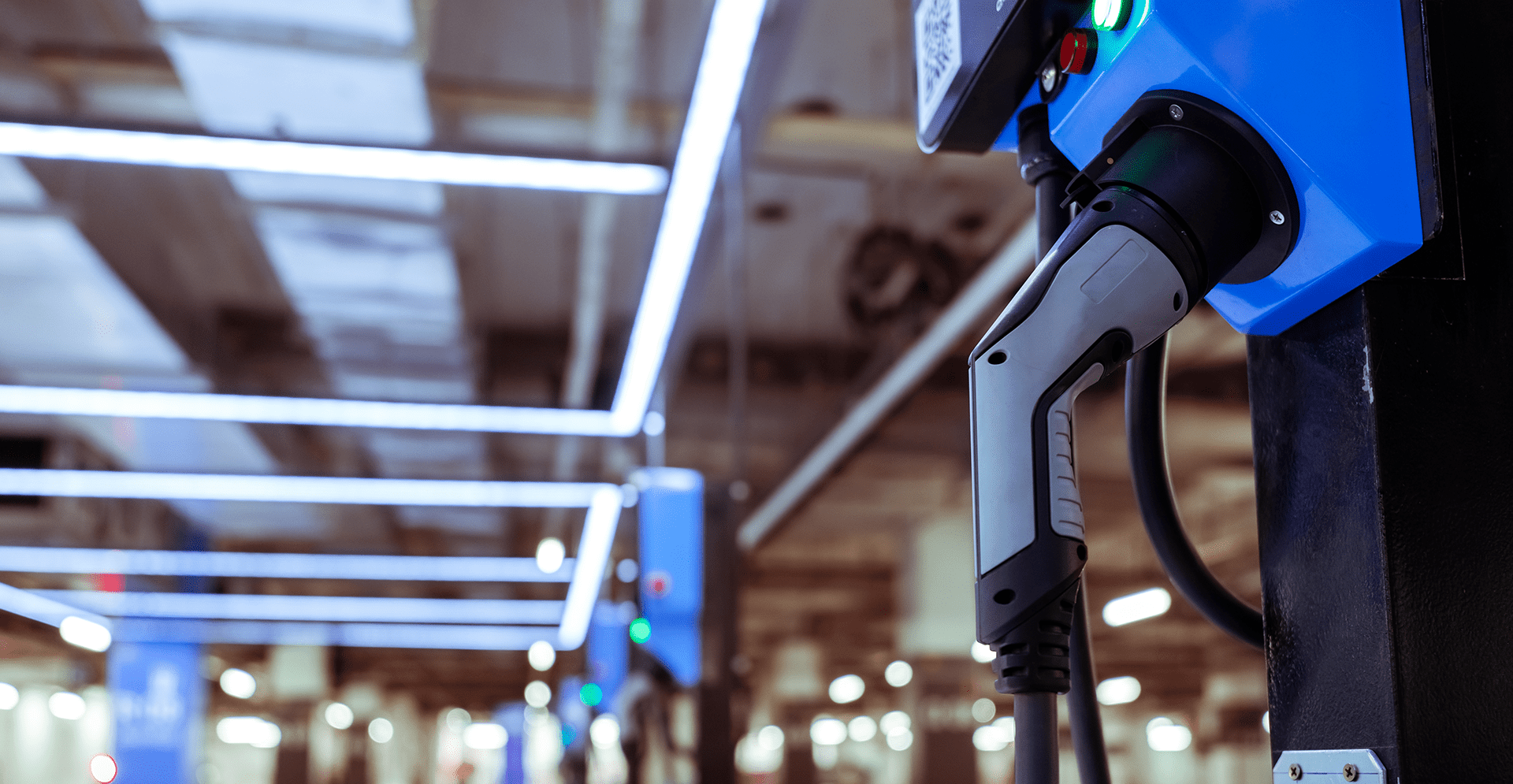Speed is a frequent talking point in the transport industry. But while politicians and communities debate low speed zones in our neighbourhoods, alternative fuel and battery manufacturers are focussed on a different kind of speed: speed to market.
The global shift towards electric vehicles (EVs) heralds a promising future for sustainable transportation. However, delivering this vision can be complex and challenging, limiting the speed of transformation. Navigating battery production issues is crucial for EV manufacturers to ensure efficient and effective operations and meet alternative fuel demands. While many gigafactories are in production, only a handful have been completed and are operational. Let’s take a closer look at six common challenges we see in establishing a gigafactory.
1. Financing
Setting up gigafactories involves substantial investment, especially when expanding into new countries. The financial outlay goes beyond building infrastructure and includes factors such as ensuring a robust supply chain and funding for specialised talent. Obtaining finance is crucial, as funds need to be available to deploy at the right time at different stages of the project. The challenge lies in guaranteeing financing and then balancing costs while maintaining high-quality standards across the entire production and delivery process. It’s not just a case of securing the finances, but ensuring that budget covers all requirements.
2. Site due diligence
Selecting the right site for operations is crucial. Battery production is an extremely complex process with multiple stages, which means gigafactories typically require a large footprint, hundreds of metres long. In addition to these spatial restrictions, this also means they require huge sources of energy and water, so careful consideration must be taken to ensure proximity of essential utilities. Owners of facilities dedicated to the production of alternative fuels will naturally want to operate them in a sustainable manner, which means choosing renewable and electric power rather than gas. Similarly, a truly sustainable operation needs to consider delivery logistics. A battery represents around 40% of an EV’s value, so for ease of delivery and to minimise emissions, the site should be close to clients and the target end user.
3. Commissioning and construction
About 60% of production within battery manufacturing facilities takes place in clean and dry rooms – rooms that use filtration to ensure very low levels of particles and dust. Humidity is also detrimental to battery production and needs to be mitigated. This means that commissioning a gigafactory is an intricate process that takes time. International companies often provide specialised equipment, necessitating meticulous training and integration. Identifying suitable equipment providers and coordinating their integration into new territories is a challenge that demands foresight and planning. Get it wrong, and the batteries produced will not be fit for use.
4. Permitting requirements
Securing permits involves navigating legal complexities and addressing concerns about potential hazards, such as fire safety procedures. Additionally, ensuring a professional talent pool, especially for clean room operations, is vital. Depending on the region the gigafactory is in, there may be additional legal requirements around the employment of local workers. Combining the expertise needed for specialist operations with a mandate to ensure a stipulated percentage of the workforce is recruited from local communities raises clear logistical challenges, which become more pronounced in locations with limited skilled labour resources.
5. Delivery models
The route from factory to end user can vary greatly between manufacturers. Global tier one organisations will typically have a comprehensive route to market with mature, established supply chains and fulfilment partners. Smaller firms or start-ups may often need more support in terms of an outsourced delivery model. This could mean help in building their supply chain, engineering requirements, or support with battery build or development. Ensuring there are no gaps in the delivery model will help increase the speed to market.
6. Resource management
As we’ve already stated, there are many specialist skills required in the production of EV batteries and alternative fuels. And, as with all the challenges we’ve highlighted so far, each organisation will require support in different areas, whether that be engineering and production, or back-office roles such as HR and IT.
Expertly navigating go-to-market challenges
Not all alternative fuel manufacturers will face all of these challenges. Organisations will counter different logistical and resourcing challenges with each new gigafactory, and the same manufacturer can even face a unique set of challenges across every operational facility. Recognising, identifying, and addressing these issues is critical to ensuring timely delivery and meeting customers’ demands. Focusing attention to successfully overcome one hurdle while neglecting or failing to see other challenges will further delay speed to market and impact business success.
Arcadis has a wealth of experience across the globe in helping organisations ensure that every potential challenge has been considered, and action taken where necessary. Today, Arcadis is actively involved in the development of seven gigafactories, ensuring organisations identify and solve these challenges. Our flexible approach allows us to adapt and cater to diverse needs, ensuring that specific client requirements are met with precision.
In the fast-changing world of alternative fuel production, tackling these challenges thoroughly is not just a smart move – it's a must. By understanding the intricacies and complexities of the industry – combining chemical processes, automotive, battery and complex industrial programmes – Arcadis ensures that every step, from concept to production, is meticulously planned and executed, helping the world embrace sustainable transport and mobility.







